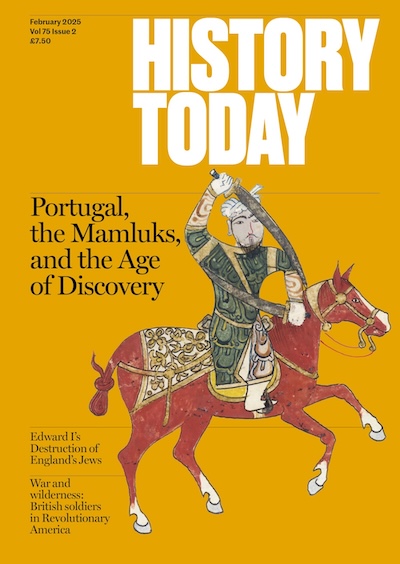Montenegro Chooses
On May 21st, Montenegrins are being asked, in a long-delayed referendum, if they want to end their union with Serbia. James Evans explains the background to their momentous decision.
If, as seems likely, the people of Montenegro say yes to secession from Serbia and the restoration of their independence after nearly ninety years, their decision will bring to an end a long period of speculation and political manoeuvring, not only in Belgrade and Podgorica, the Montenegrin capital, but also abroad. Britain and other European powers have been guilty of inconsistency towards a region whose aspirations for autonomy they encouraged as a lever against Slobodan Milosevic, but which they have since treated coolly. The EU has tried to head off a move that it fears will set a dangerous precedent with the status of neighbouring Kosovo still unresolved. Meanwhile Serbia, it seems, has lost the will to cling to a union from which it derives little economic benefit and which has been, since 2003, largely nominal.





